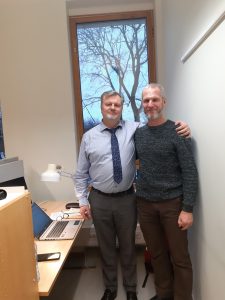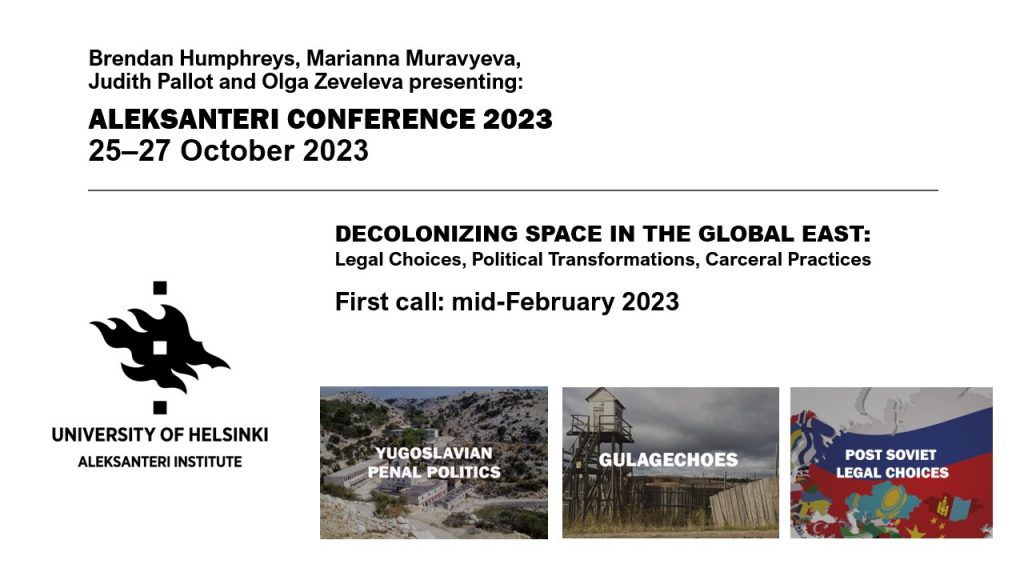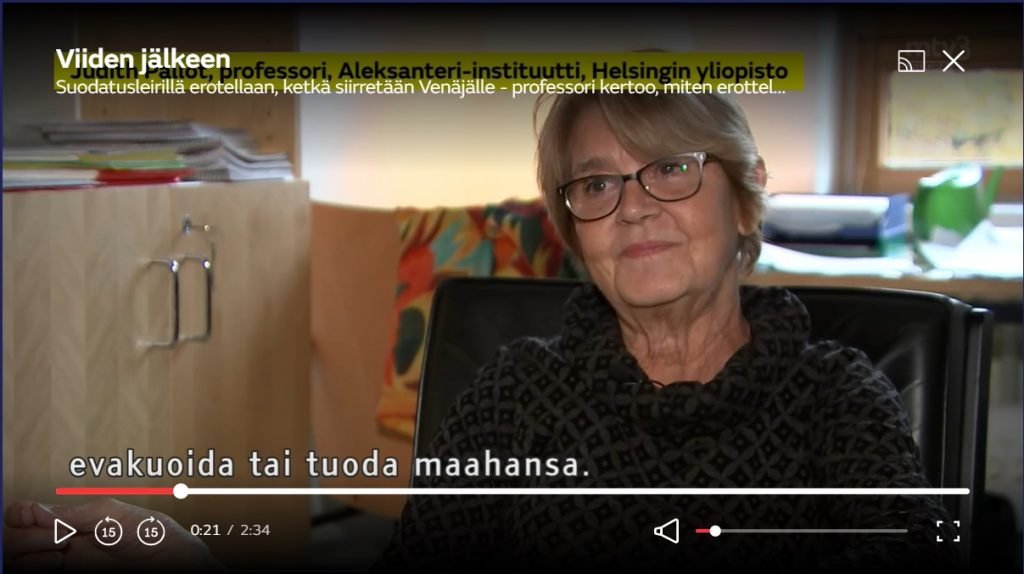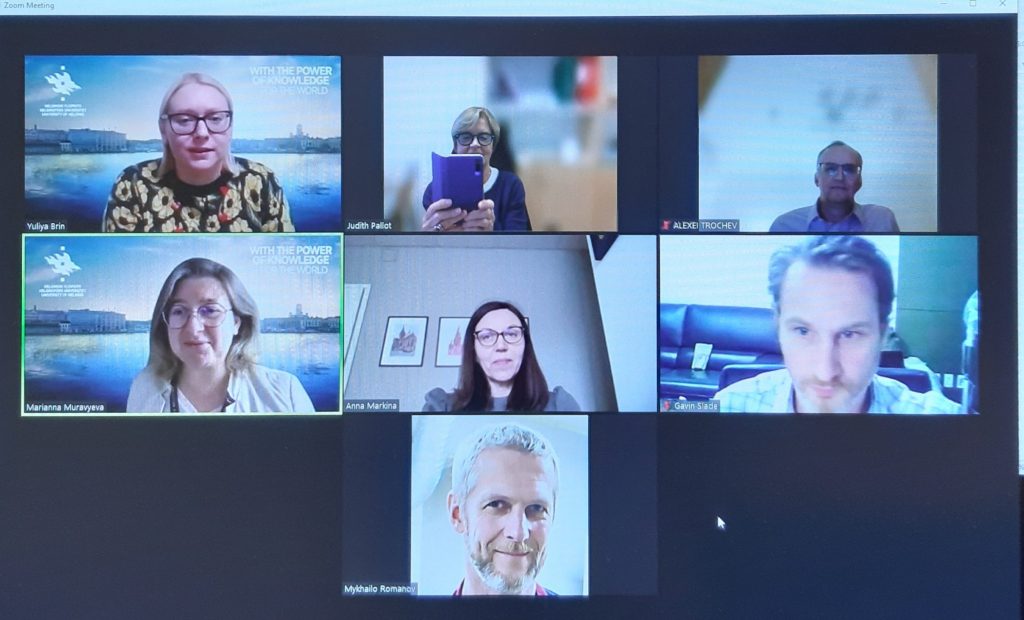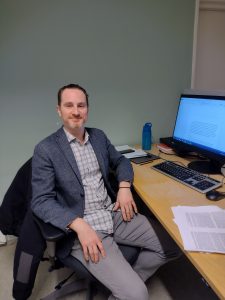
Both the Horizon 2020 GULAGECHOES and Academy of Finland Yugoslavian Penal Nationalism project teams are delighted that Professor Gavin Slade arrived in January on a two-month visiting fellowship from Nazarbayev University, Astana, Kazakhstan. Gavin is a penal sociologist one of the leading western authorities on the post-communist prison systems of Europe and Asia.
He is the author of numerous articles in leading criminological journals and of the OUP monograph “Reorganizing crime: Mafia and anti-Mafia in post-Soviet Georgia.” (2013). He is best known for his work on the Georgian Vory-v-Zakony but in recent years his research interests have expanded to embrace the Central Asia and the Baltics states. He has collaborated with both Costanza Curro and Olga Zeveleva, both of the Gulagechoes team, on articles on Georgia, Lithuania and Estonia, and has been a member of the Gulagechoes ethics advisory board from the beginning of the project.
He has recently finished a UK Economic and Social Research Council-funded project on memory and public attitudes to imprisonment in Russia and Kazakhstan and it currently developing work on governance in post-communist prison systems. He is presenting his latest work at the Aleksanteri seminar on 28th February at 3pm in the Humina Room, Metsätalo.
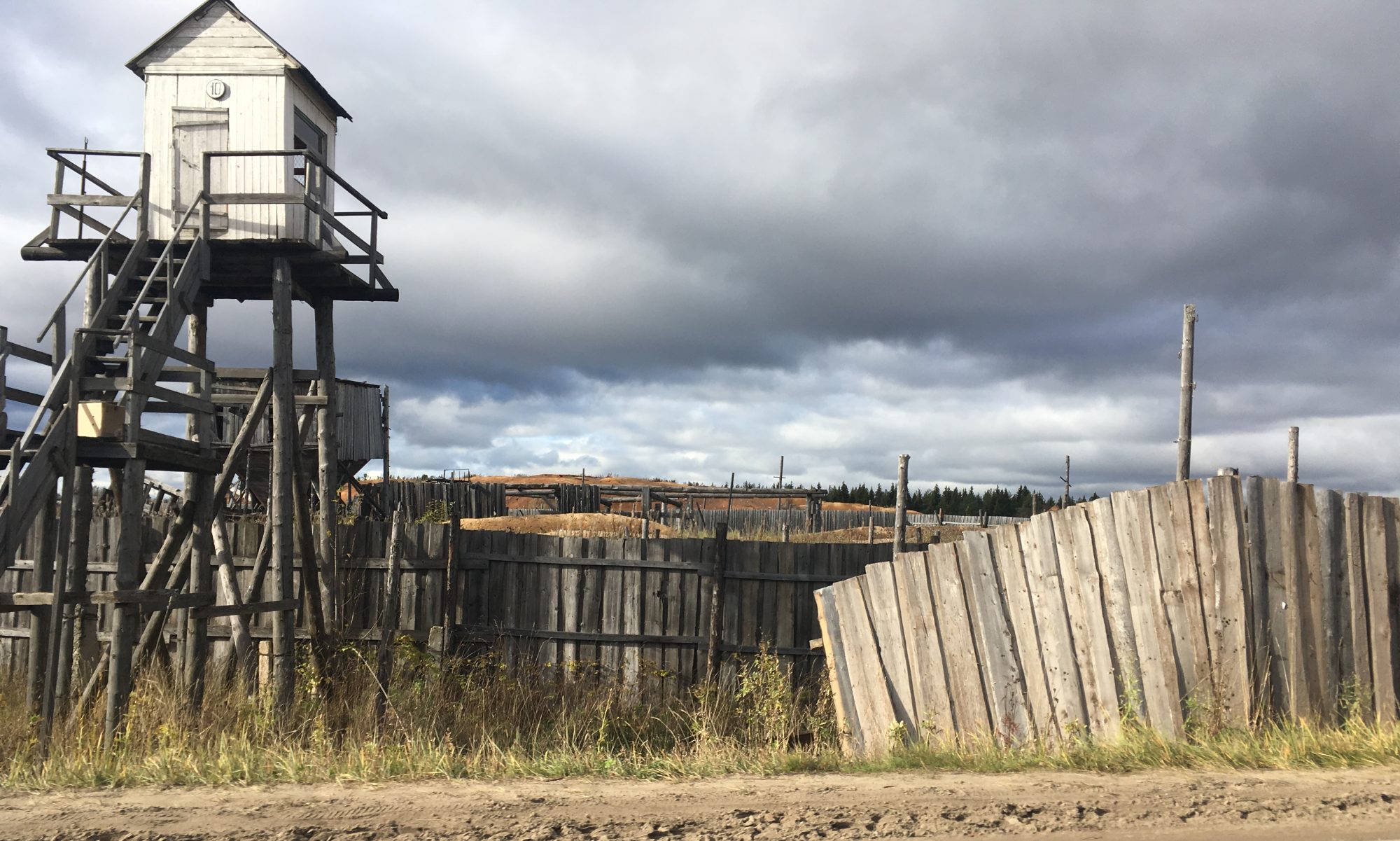
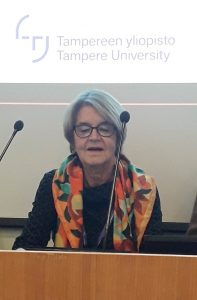 The symposium brought together a star line up of carceral geographers, including Professor Dominique Moran and Professor Chris Philo from the UK and Ebba Högström from Sweden, and Virve Repo and Riina Lundman, from the ‘home team’. Judith was on a round table with Sami Pirkola, Lauri Kuosmanen and Virve Repo which discussed “Care and Control practices in Institutions” from the perspectives of prisons, care homes, forensic and regular psychological hospitals.
The symposium brought together a star line up of carceral geographers, including Professor Dominique Moran and Professor Chris Philo from the UK and Ebba Högström from Sweden, and Virve Repo and Riina Lundman, from the ‘home team’. Judith was on a round table with Sami Pirkola, Lauri Kuosmanen and Virve Repo which discussed “Care and Control practices in Institutions” from the perspectives of prisons, care homes, forensic and regular psychological hospitals.